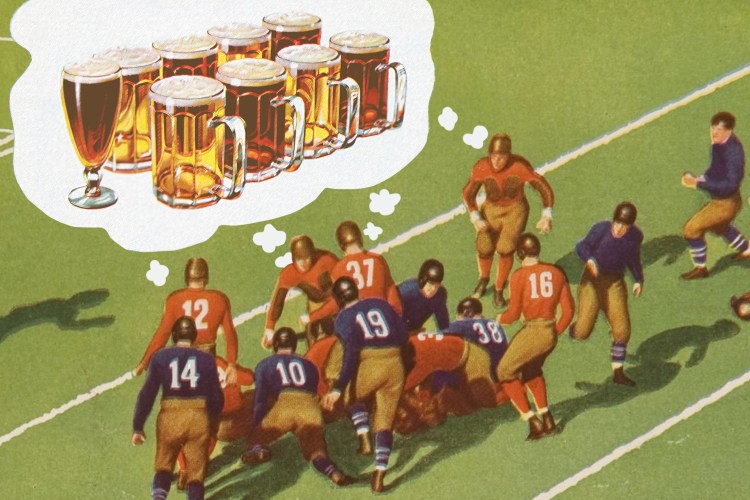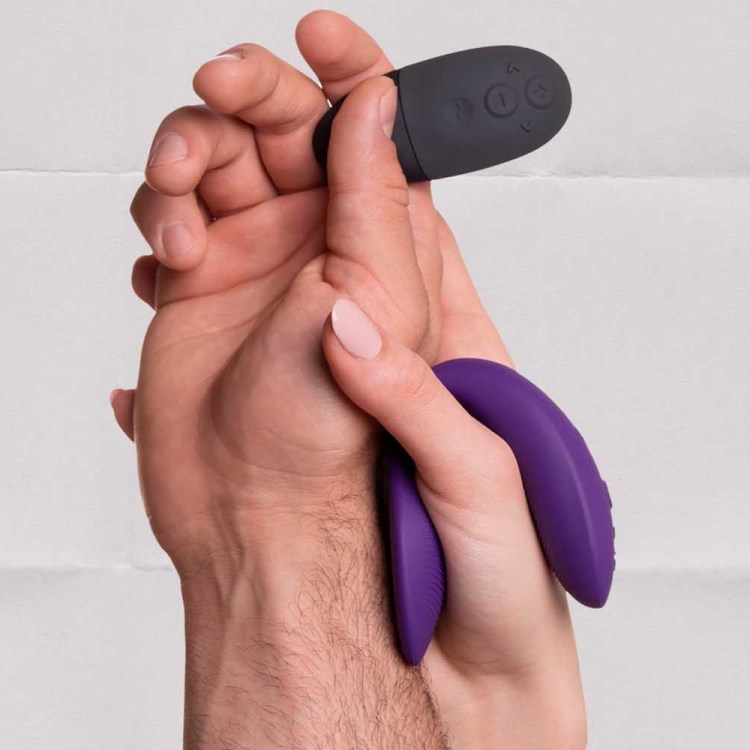What’s a fate worse than death?
According to recent stats, that’d be public speaking. It’s our most common phobia, and it affects about 73% of the population, according to the National Institute of Mental Health.
Yes, we’re more afraid of giving a speech than dying.
For public speaking, what we worry about most is brain freeze. Dr. Michael DeGeorgia of Case Western University Hospitals says (via the National Social Anxiety Center), “If your brain starts to freeze up, you get more stressed and the stress hormones go even higher. That shuts down the frontal lobe and disconnects it from the rest of the brain. It makes it even harder to retrieve those memories.” So, worrying about brain-freeze increases your anxiety.
And while speaking to a crowd isn’t gonna kill you, your brain is in the midst of a fight-or-flight response and can’t distinguish the threat.

With those frightful facts in mind, we did some research and consulted with a few professionals about social anxiety and conquering fears of public speaking. Admittedly, extreme cases may require medical treatment or therapy (the usual “talk to your doctor first” caveat). But we also found some cool life hacks and everyday advice that’ll certainly help you speak with new-found confidence.
Self-help
There are a number of different exercises and life hacks you can try before you go public, including:
Breathing: “Focus on your breathing by taking deep breaths, holding them for a few seconds before releasing [as fully] as you can. Repeat this a few times to bring your heart rate back to normal and help ground you.” — Adina Mahalli, certified mental health professional at Maple Holistics
Mentally create a new, calmer surrounding. “Sit comfortably with a straight back and relaxed shoulders. Inhale slowly through your nose, imagine yourself smelling a flower for five seconds and hold your breath for three seconds. Then slowly exhale through your mouth, imagine yourself blowing out a candle or blowing through a straw, for seven seconds. You should feel your stomach rise as you inhale and fall as you exhale. Repeat this breathing cycle a minimum of three times in a row, focusing on keeping a slow and steady breathing pattern.” — Dr. Siobhan D. Flowers, a Dallas-based licensed psychotherapist with experience in self-help strategies in combating social anxiety
Get familiar with your surroundings. If you’re giving a presentation, try to visit the venue beforehand and practice your speech once while you’re there. And ask for accommodations to help you: A podium, pitcher of ice water, a seat, etc.
Don’t try to be perfect. Setting unachievable standards increases anxiety. “Aim to do your best” instead of being perfect, suggests the National Social Anxiety Center.
Speak slowly. Slow your speech down, as speaking quickly tricks your brain into detecting a threat and gives you an unwanted rush of adrenaline.
Wear an elastic band around your wrist. Mel Bonthuys is a recovered anxiety sufferer and author of 120 Greatest Anxiety Hacks. Some of her tips go outside the norm (from yoga to fractal therapy), but they’re all personally tested and approved. Some of her interesting ideas: Snapping an elastic band on your wrist every time you have a negative thought, fake smiling (it reduces cortisol levels in the body), writing a calming note to yourself with your non-dominant hand, and holding an ice block when you feel a panic attack (it’ll refocus you and cool you down).
Forget calm. Get excited! Susan Cain (TED Talks speaker, author of the best-selling Quiet: The Power of Introverts in a World That Can’t Stop Talking) suggests that it’s easier to ride your anxiety and transform it into excitement, as opposed to going “calm” and sounding robotic. “Your go system revs you up and makes you excited,” she says. “Your stop system slows you down and makes you cautious and vigilant.”
Exercise. Sleep. Diet. Meditate. The usual — eat well, drink less, get plenty of sleep, etc. It’s situational, but yoga in particular could help, as it’ll help you slow down and foster better breathing.
Medication
Sometimes, a simple breathing exercise isn’t enough.
There are several medical options if your social anxiety is extreme. “The most commonly prescribed types of medication used to address anxiety are antidepressants, benzodiazepines and beta-blockers,” explains Sal Raichbach of the Ambrosia Treatment Center. Antidepressants and benzodiazepines affect the balance of neurotransmitters in the brain; medications like Prozac, Zoloft and Lexapro work by maintaining healthy levels of serotonin in the brain. However, there are a litany of side effects, including sleep problems, sexual dysfunction, withdrawal effects and even suicidal thoughts.
If that worries you, beta blockers might be your best bet. Late last month, hims, a personal wellness company, launched the anti-anxiety product Propranolol, a beta blocker that helps people manage the physiological symptoms of anxiety and fear (sweating, dry mouth, racing heartbeat, nausea, etc.). The key advantage here is that beta blockers don’t impact your mental functions, they’re non-addictive and non-habit forming, and the pills can taken as situations arise, even up to 30 minutes before a big speech.
Other resources
Somewhere in-between self-help and medication are several viable options for combatting social stress.
Join a group. Toastmasters International is a global non-profit organization (around since 1924) that can help you with public speaking and communication via online tutorials and in-person workshops. It’s also just $45 for a six-month membership.
Seek professional help. The aforementioned National Social Anxiety Center has regional clinics in a number of major cities.
Try Cognitive-Behavioral Therapy: “CBT is a model of therapy that the largest body of research has supported for anxiety, depression, insomnia and a number of other issues,” explains Dr. Russ Morfitt, the Chief Psychology Officer and Co-Founder of Learn to Live, a healthcare company that provides targeted online programs and tools for people suffering from mental health issues. “CBT involves getting past these problems, not just by talking, but by learning specific tools to identify and change our thoughts (or learn to accept them) and harness our behaviors to get unstuck.” It’s about facing fears in small steps, and a program like Learn to Live can be done entirely at your computer.
CBD: It’s very early on in research and testing, but early results are promising. According to the natural health site Remedy Review and a survey of more than 1,000 people experiencing anxiety, nearly two in three find cannabidiols extremely effective in treating anxiety. And another recent study shows that CBD reduces anxiety during public speaking.
Read more about the (possible) benefits of CBD here.
Photos: Marcos Luiz Photograph on Unsplash; hims
The Charge will help you move better, think clearer and stay in the game longer. Subscribe to our wellness newsletter today.























